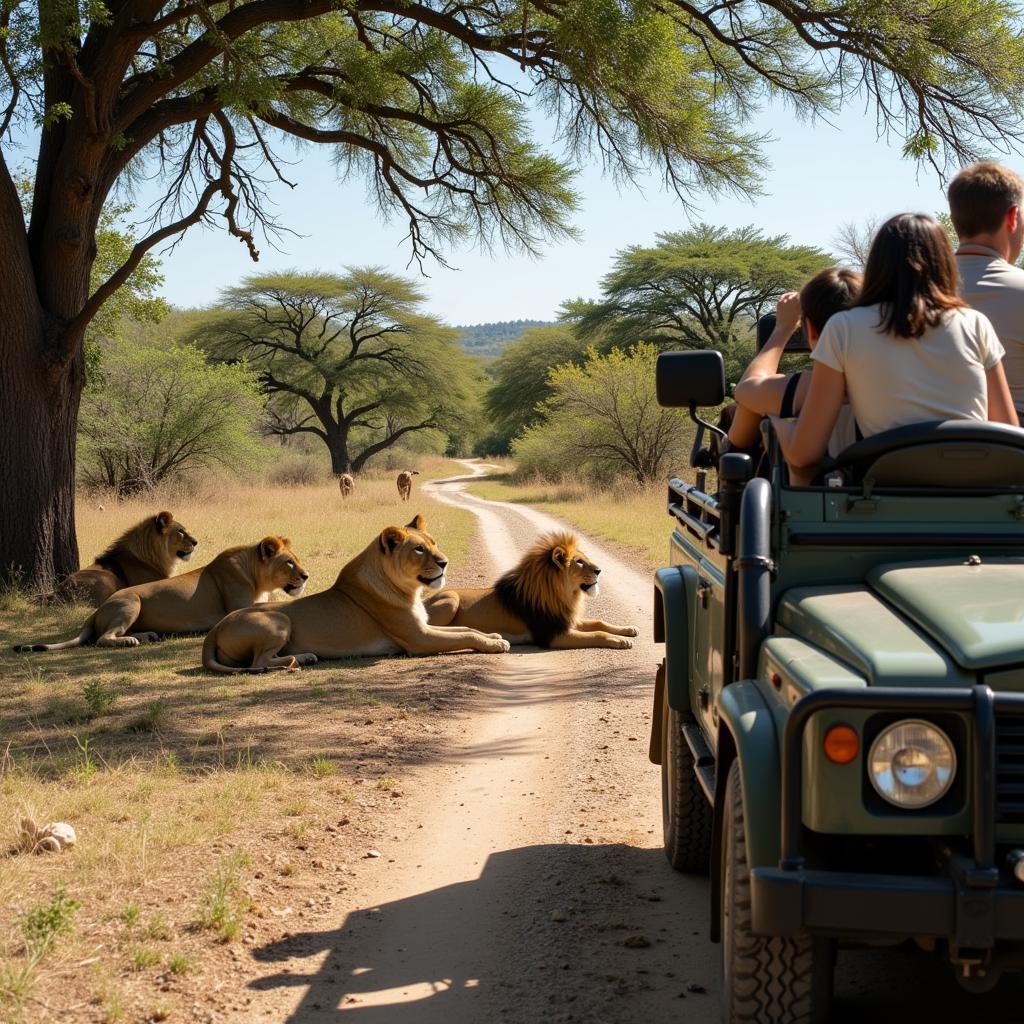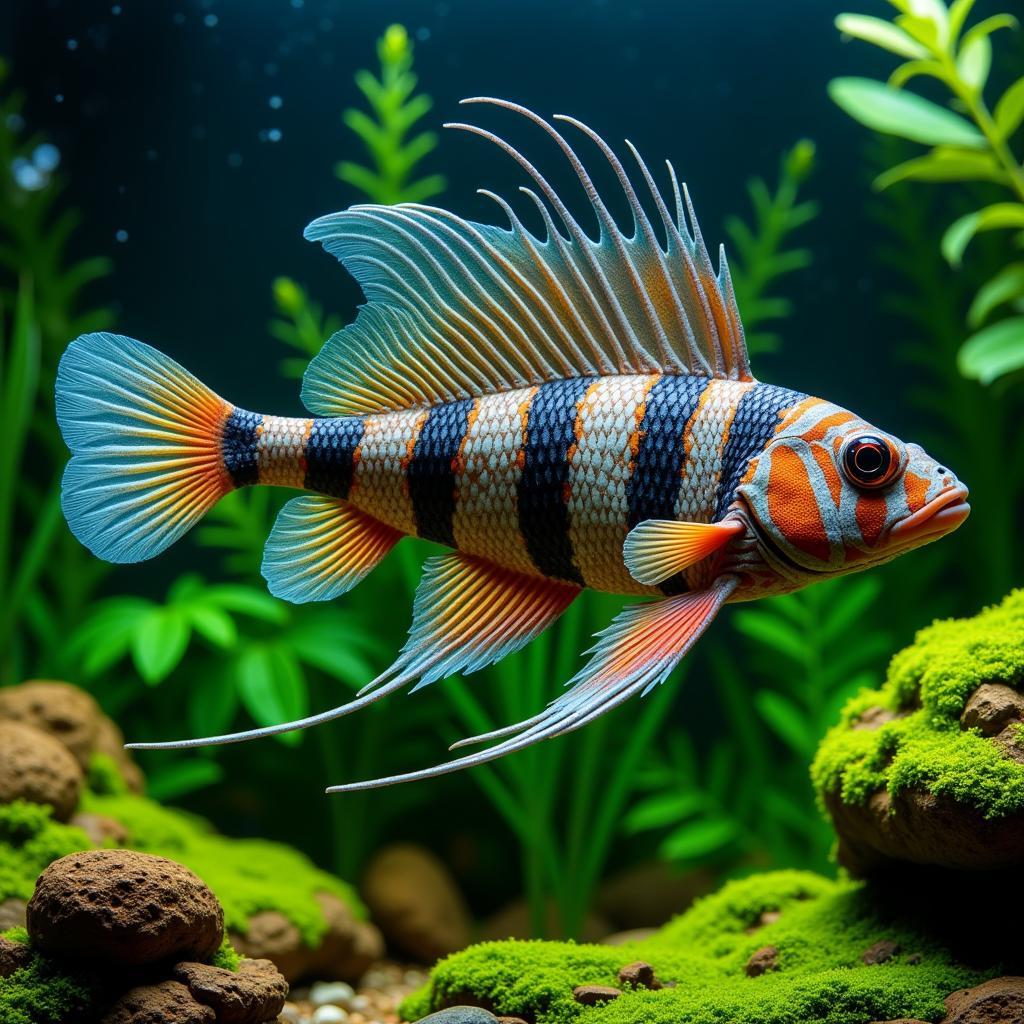Unmasking the “African Killer”: Separating Myth from Reality
The term “African Killer” often conjures up images of aggressive bees and terrifying creatures. While Africa is home to a diverse array of wildlife, including some potentially dangerous animals, the term “African killer” itself is a misnomer, often perpetuating harmful stereotypes. This article delves into the reality behind this loaded phrase, exploring its origins, implications, and the fascinating creatures it’s often used to describe.
The “African Killer Bee” Phenomenon
Perhaps the most common association with “African killer” is the Africanized honey bee. These bees, a hybrid of African and European honey bee subspecies, earned their notorious nickname due to their heightened defensive behavior. Introduced to Brazil in the 1950s, they quickly spread throughout the Americas, leading to sensationalized media reports that fueled fear and misconceptions.
african killer bees documentary provide a deeper understanding of these insects, dispelling myths and highlighting their ecological importance. While their stings are no more venomous than those of other honey bees, Africanized bees are more easily provoked and attack in larger numbers, posing a greater risk to humans and animals in their vicinity. Understanding their behavior and taking appropriate precautions, such as avoiding nests and wearing protective clothing when in bee-prone areas, is crucial for coexisting with these insects.
Beyond the Hive: Exploring Other “African Killers”
The label “African killer” extends beyond bees. Sensationalized media often uses this term to describe a variety of African animals, further perpetuating the misconception of Africa as a dangerous and untamed continent. Lions, leopards, and crocodiles, all apex predators vital to their ecosystems, are frequently branded with this moniker. However, attributing the term “killer” solely to these animals ignores the complex factors that contribute to human-wildlife conflict, such as habitat loss and human encroachment.
 African Wildlife on Safari
African Wildlife on Safari
It is important to remember that these animals, even those with predatory instincts, are not inherently “killers.” They play essential roles in their ecosystems, and understanding their behavior and conservation needs is vital for ensuring their survival.
Challenging Perceptions and Embracing Reality
The term “African killer” is a prime example of how language shapes our perception of the world. It simplifies complex realities, fueling fear and prejudice. By moving beyond sensationalized labels, we can appreciate the incredible diversity of Africa’s wildlife and ecosystems.
Resources like african killer bees and african killer movies offer valuable insights into these often-misunderstood creatures. By engaging with accurate information and challenging harmful stereotypes, we can foster a deeper appreciation for the wonders of the natural world.
Conclusion
The term “African killer,” though deeply ingrained in popular culture, is ultimately a misnomer. It reflects a fear-based narrative that fails to capture the true complexity and beauty of African wildlife. By embracing knowledge and understanding, we can move beyond harmful stereotypes and appreciate the vital roles these creatures play in the intricate tapestry of life on Earth.
FAQs
1. Are Africanized bees more venomous than other honey bees?
No, their venom is not more potent. However, they are more easily provoked and attack in larger numbers, posing a greater risk.
2. Why are lions and leopards sometimes called “African killers”?
They are apex predators, but the term is often sensationalized. It’s important to remember they play crucial roles in their ecosystems.
3. What are some resources for learning more about African wildlife?
Websites like african killer bees vs honey bees and documentaries offer valuable insights.
4. How can I contribute to wildlife conservation in Africa?
Supporting reputable conservation organizations, promoting responsible tourism, and educating yourself about the issues are great ways to help.
Need More Information?
For further inquiries or assistance, please don’t hesitate to reach out to us:
Phone Number: +255768904061
Email: kaka.mag@gmail.com
Address: Mbarali DC Mawindi, Kangaga, Tanzania
Our dedicated customer support team is available 24/7 to assist you.


